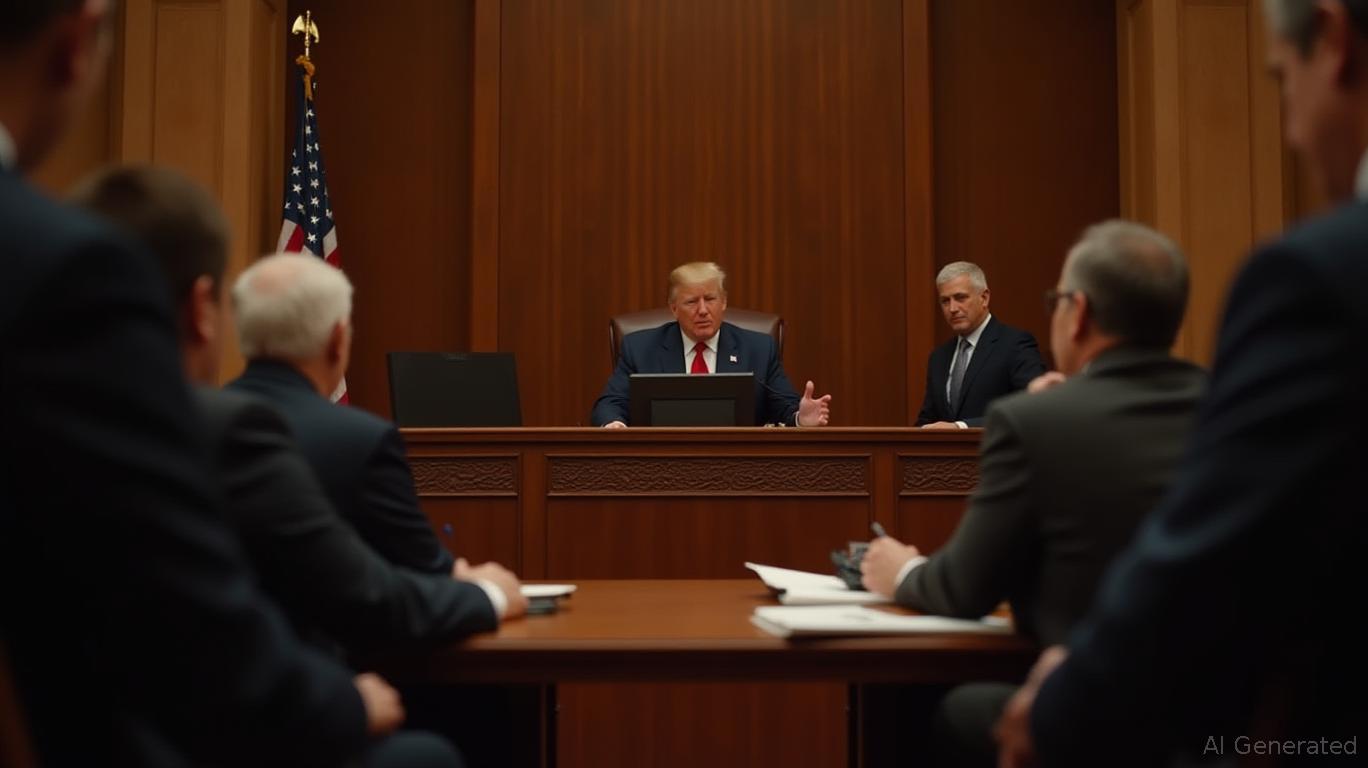Why France’s New Wealth Tax Won’t Necessarily Target Your Crypto — Yet
France’s proposed wealth tax adds crypto to its “unproductive” asset list but targets only the ultra-rich. While most investors are unaffected, the move has stirred debate over whether France is discouraging innovation in its growing Web3 ecosystem.
France’s proposed “unproductive wealth” tax has raised eyebrows among crypto investors, but most won’t be affected. By lifting the taxable threshold to €2 million, the measure targets only the ultra-wealthy. Every day crypto holders will remain outside its reach.
Its real impact lies not in new tax burdens but in how France is redefining digital wealth within its broader fiscal policy.
Crypto Added To “Unproductive Wealth” List
France has advanced plans to include cryptocurrency in its revamped wealth tax, following lawmakers’ narrow approval of an amendment classifying digital assets as “unproductive wealth.”
Proposed by centrist deputy Jean-Paul Mattei, the measure passed the National Assembly by 163 votes to 150 during debates on the 2026 draft budget. It would replace the current real estate wealth tax with a broader version targeting assets deemed economically inactive.
France is changing how it taxes wealth by including large cryptocurrency holdings under a new rule targeting what it calls “unproductive wealth.”A new law passed by the French government now applies a 1% tax to net assets over €2 million, and this includes digital assets like…
— unusual_whales (@unusual_whales) November 4, 2025
Besides crypto, the reform expands the tax base to include luxury goods such as yachts, private jets, jewelry, and art. It raises the taxable threshold from €1.3 million to €2 million and introduces a flat rate of 1% on net assets exceeding that amount.
Supporters argue that the goal is to channel wealth into productive investments that foster economic growth.
For crypto investors, this raises an immediate question: Does holding Bitcoin or Ethereum make someone liable? The answer for most is no.
Higher Threshold Narrows Tax Impact
As reported this week, the tax is designed to affect only the wealthiest households. The move will largely leave ordinary investors and most crypto traders unaffected.
With the threshold likely rising to €2 million, even fewer people will fall under its scope. A holder with €100,000 in Bitcoin wouldn’t come close to owing anything. Only those with fortunes heavily concentrated in passive assets, such as gold, art, or cryptocurrency, could experience an impact.
Still, the inclusion of digital assets has unsettled parts of France’s crypto industry. Many in the sector see the move as a sign that innovation is being mistaken for inactivity.
Industry Fears Setback For Innovation
France has spent the past few years establishing itself as a leading European hub for Web3, drawing major players such as Binance and Ledger.
The new proposal, however, has sparked criticism from the crypto community, which argues that it undermines the industry’s contribution to innovation and growth.
Government are trying hard to invent ways to tax crypto..The most ridiculous could be FranceThey want to implement an "Unproductive Wealth Tax" for crypto holdings and some types of properties.If it's really unproductive, why tax it? it's like taxing someone because they…
— Hunter (@Hunter_Triumph) November 3, 2025
Some fear it could send the wrong message, deterring long-term investment at a time when countries like Portugal and Dubai are offering far more welcoming tax environments.
However, the government estimates the reform could bring in €1–3 billion annually, though that figure remains uncertain.
For now, the measure is still under review. It must clear the Senate and be incorporated into the 2026 national budget before becoming law, possibly as early as January.
Disclaimer: The content of this article solely reflects the author's opinion and does not represent the platform in any capacity. This article is not intended to serve as a reference for making investment decisions.
You may also like
Democratic Socialist Mamdani's Ambitious Proposals Divide New York Amid Shifting Political Landscape
- Zohran Mamdani, a 34-year-old Democratic socialist, leads polls to become NYC's first Muslim mayor with progressive policies targeting wealth taxes and social services. - His campaign challenges Democratic establishment norms, uniting younger/immigrant voters while polarizing moderates and Jewish communities over governance approaches. - Funded by 1% wealth tax proposals and $13M from 40K small donors, Mamdani's grassroots model contrasts with Cuomo's traditional fundraising and party endorsements. - Tru

Supreme Court Decision on Tariffs May Require $140 Billion in Refunds and Prompt Federal Reserve to Lower Rates
- UBS warns a Supreme Court ruling against Trump's tariffs could force $140B refunds, straining U.S. fiscal resources and prompting potential Fed rate cuts. - The refunds stem from 39% Swiss tariffs deemed potentially unlawful, with fiscal impact equivalent to 7.9% of 2025's projected budget deficit. - Legal challenges highlight executive overreach risks, while reduced tariffs could boost consumer spending and ease inflation, creating room for Fed easing. - Swiss business leaders have lobbied Trump to lowe

Ethereum Updates: TRON's GreatVoyage: Strengthening USDT's $122B Network to Compete with Ethereum

Arm's Low-Power Architectures Overcome AI Energy Constraints, Fuel 34% Growth in Revenue
- Arm Holdings reported $1.14B Q3 revenue, 34% YoY growth surpassing forecasts, driven by AI/data center demand. - Royalty revenue rose 21% to $620M while licensing revenue jumped 56% to $515M, reflecting strong IP adoption. - Strategic shift to develop full-chip solutions via Compute Sub Systems aims to compete with Nvidia/Amazon in AI hardware. - Parent company SoftBank explored Arm-Marvell merger to strengthen AI infrastructure, highlighting industry consolidation trends. - 20 "buy" ratings and $155 pri

